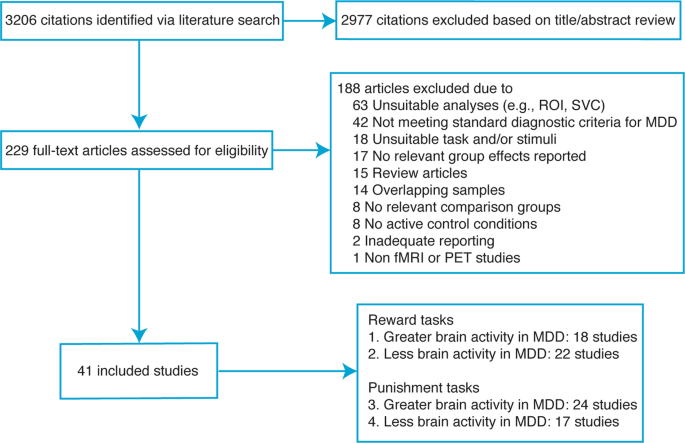This article consists of 11 pages and 3520 words.
In order to have full access to this article, please email us on thedocumentco@hotmail.co.uk

EXAMINING THE SYSTEM OF TOTAL REWARDS
Contents
Introduction 2
The better side of Total Rewards 3
Controlled expenses 3
Development of Better Recruitment and Retention Strategies 4
Fostering a Healthy Work Environment 4
Better Employee Performance through Motivation 5
Obstacles for Implementation 6
Creating Clear Communication 6
Constructing a Positive Environment 6
One Size Doesn’t Fit All 6
Establishing Synchronization 6
Concluding Remarks 7
References 7
Appendix 9
Introduction
Organizations today are operating in a very extreme landscape of competition with continuous survival in their respective industries. Taken from examples of Britain, the past 20th century witnessed an ear of unrivalled change in labour market of Britain.
Contributions to this change was brought by technology, political action and social movements catalysed increased standards of living, while giving workers more flexibility in what they wanted to do. (Crafts, et al., 2007) The past 20 years has brought significant changes to this landscape, causing companies to find techniques and methods of running businesses.
Several factors are attributed to these changing landscapes amongst which are cost reduction, globalization, staying above competitors, observing currency’s volatility, catering to the changing environment of new technologies and information, and emphasis on improving quality and emphasis on adding value to existing products.
Owing to these factors, competition is proliferating due to which companies are pressurized to take measures of transformation in organizational structure or management to reduce costs.
Out of all the budgets that an organization takes into consideration, remuneration cost still develops an important segment of the budget and given due importance. One of the factors discussed above for bringing about a noteworthy change in competition was that of globalization, due to which modern world remains connected with global regions. (WorldatWork, 2008)
As a result of this, traditional compensation management has been facing constant challenges not only due to the above factor but also affected by the current business and economic situations, both in private and public sectors. (Jiang, et al., 2009) Similar situations have caused deterioration in performance of organizations limitlessly causing existential threats.
Contrasting to the past trends when monetary rewards were prioritized by both employers and employees as a source of motivation, cash rewards are now not considered as important when they once were. This conclusion was driven from a survey conducted by Nelson Motivation, Inc., San Diego,
California. The survey was done in 2002 comprising of 1,500 employees (of all ages), and results from the survey ranked motivators for employee in descending order as follows:
1. A learning activity
2. Flexible working hours
3. Verbal praise
4. Increased authority
5. Autonomy
6. Time with their manager
7. Time off from work
8. Public praise
9. Choice of assignment
10. Written praise.
An expected result reasoned by the changing trends in compensation management was that cash rewards were ranked 15th in order of important motivators (Reynolds, 2005). Recent years have seen the progression in field of management sciences, where continuous changes in dynamics of technology and markets were the core reasons for remodelling human resource management.
This allowed role of Human Resource Management to be defined precisely in an organization connecting it to a company’s performance. (Chen & Hsieh, 2006) Changing roles brought about reward-related theories adjusting to new trends of market economics, theories of salary administration, compensation management, salary management, payment management, reward management etc.
Progression in these theories gave a new perspective to companies for management through economic turmoil. Modern Rewards Management fragments the classification of “Money” and substance, indicating that apart from cash reward, indirect income and some no-monetary remuneration are key factors which effecting the Rewards Structure design.
Generational shift in operations and business strategy facilitated the need for changing philosophy of pay management and reward systems to attract fresh talent while retaining…

Recent Comments